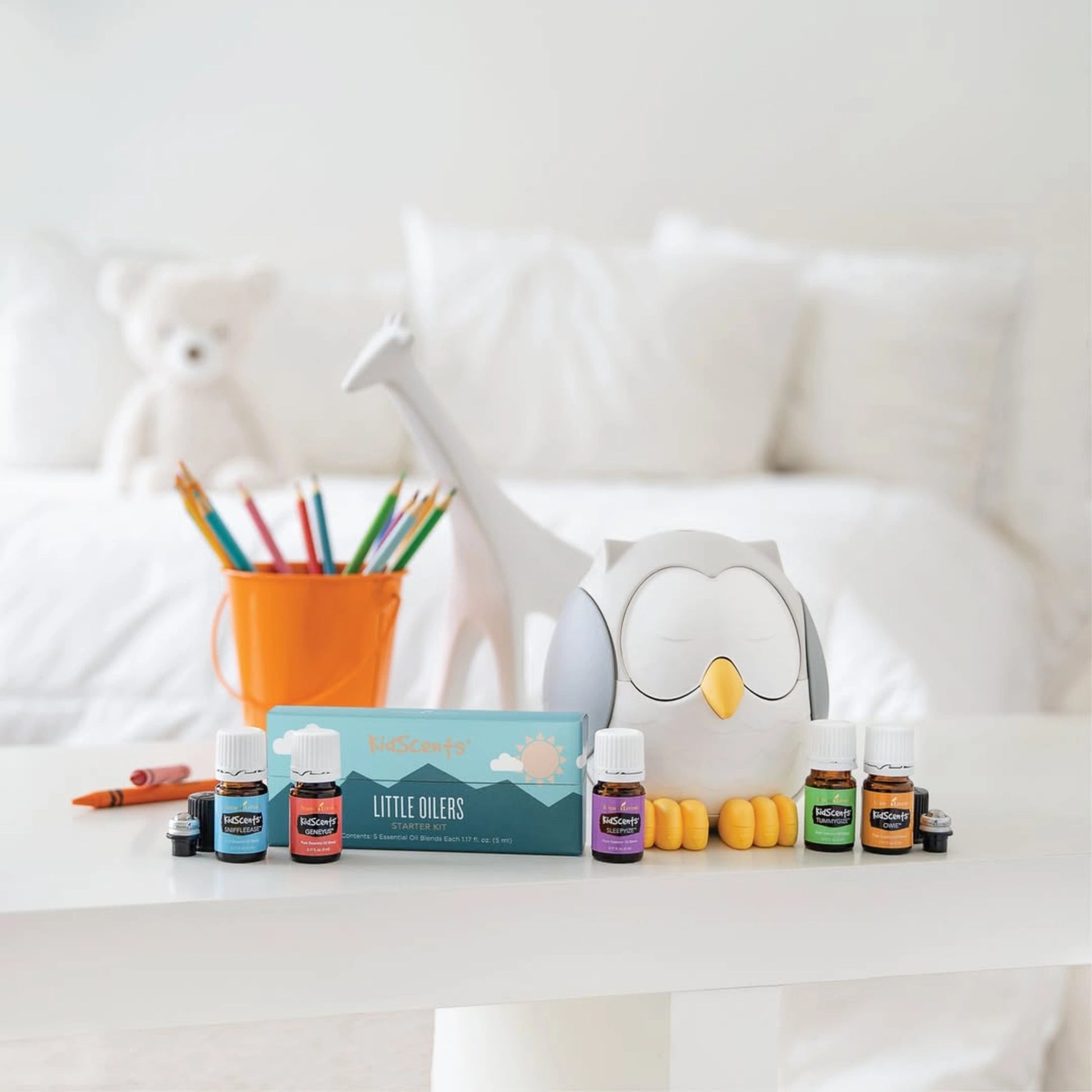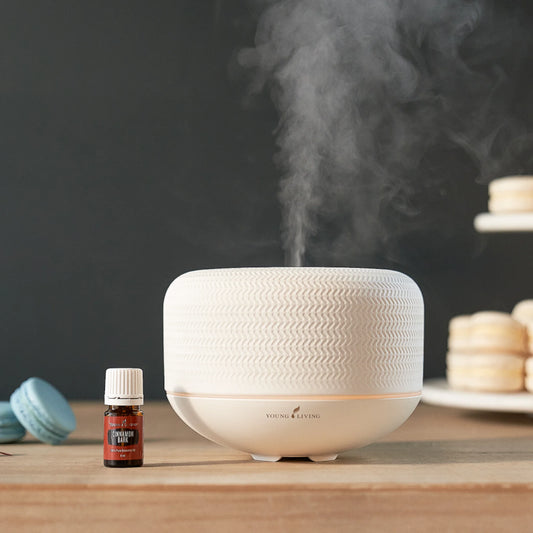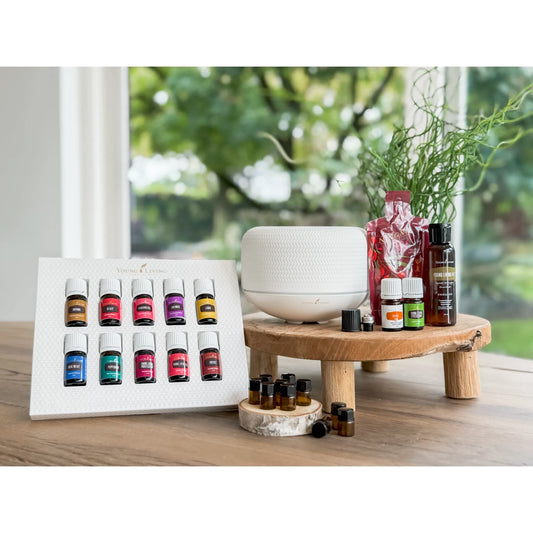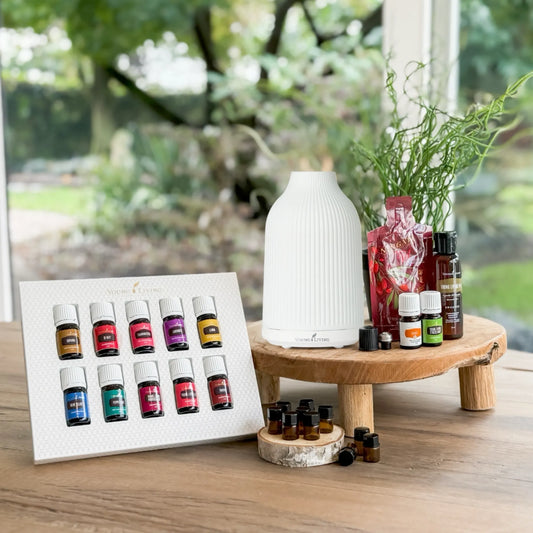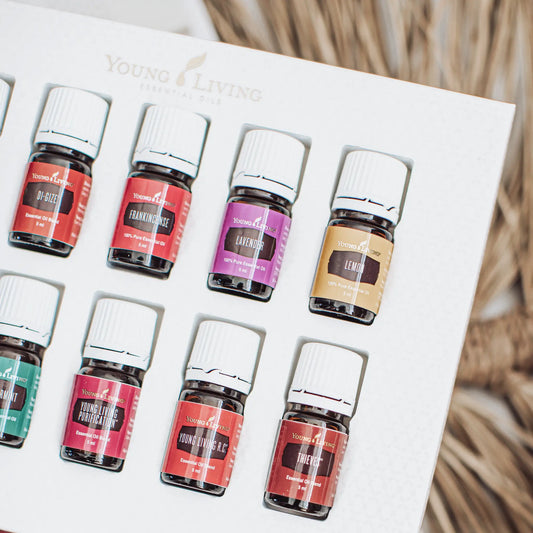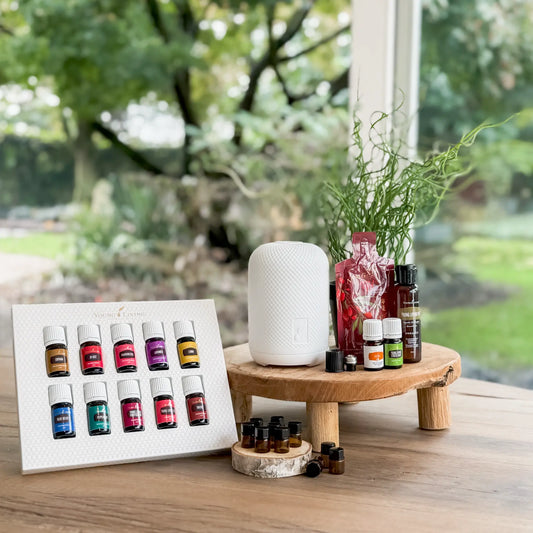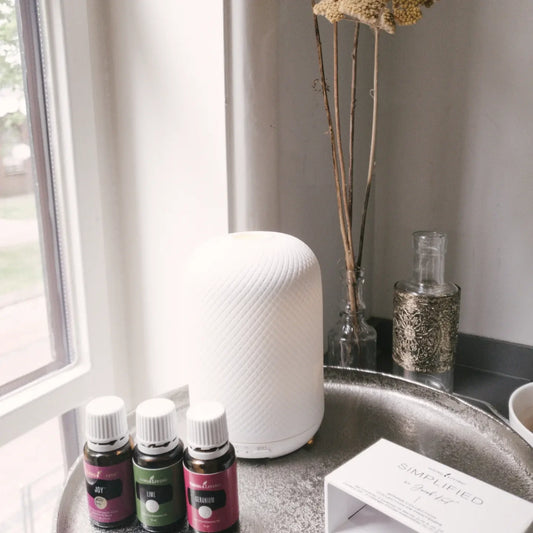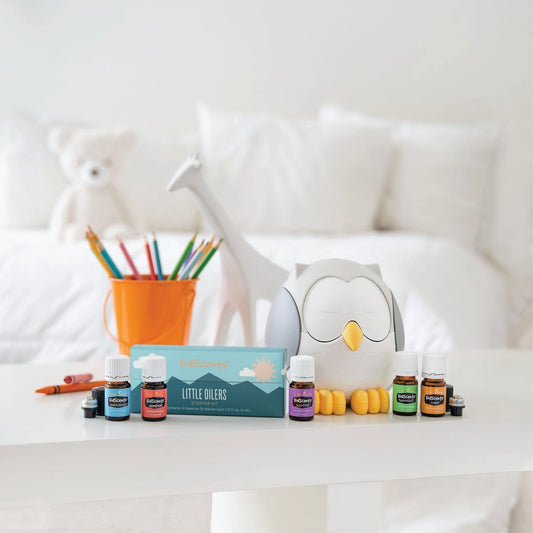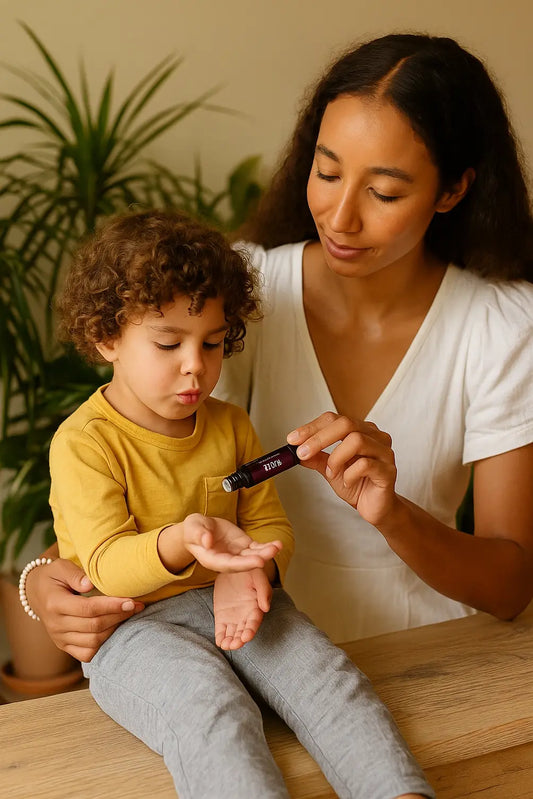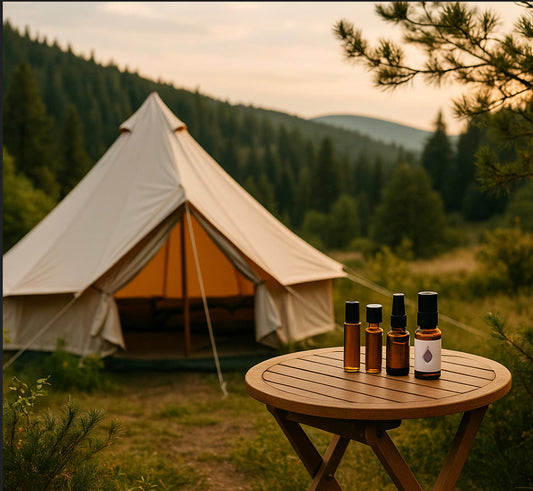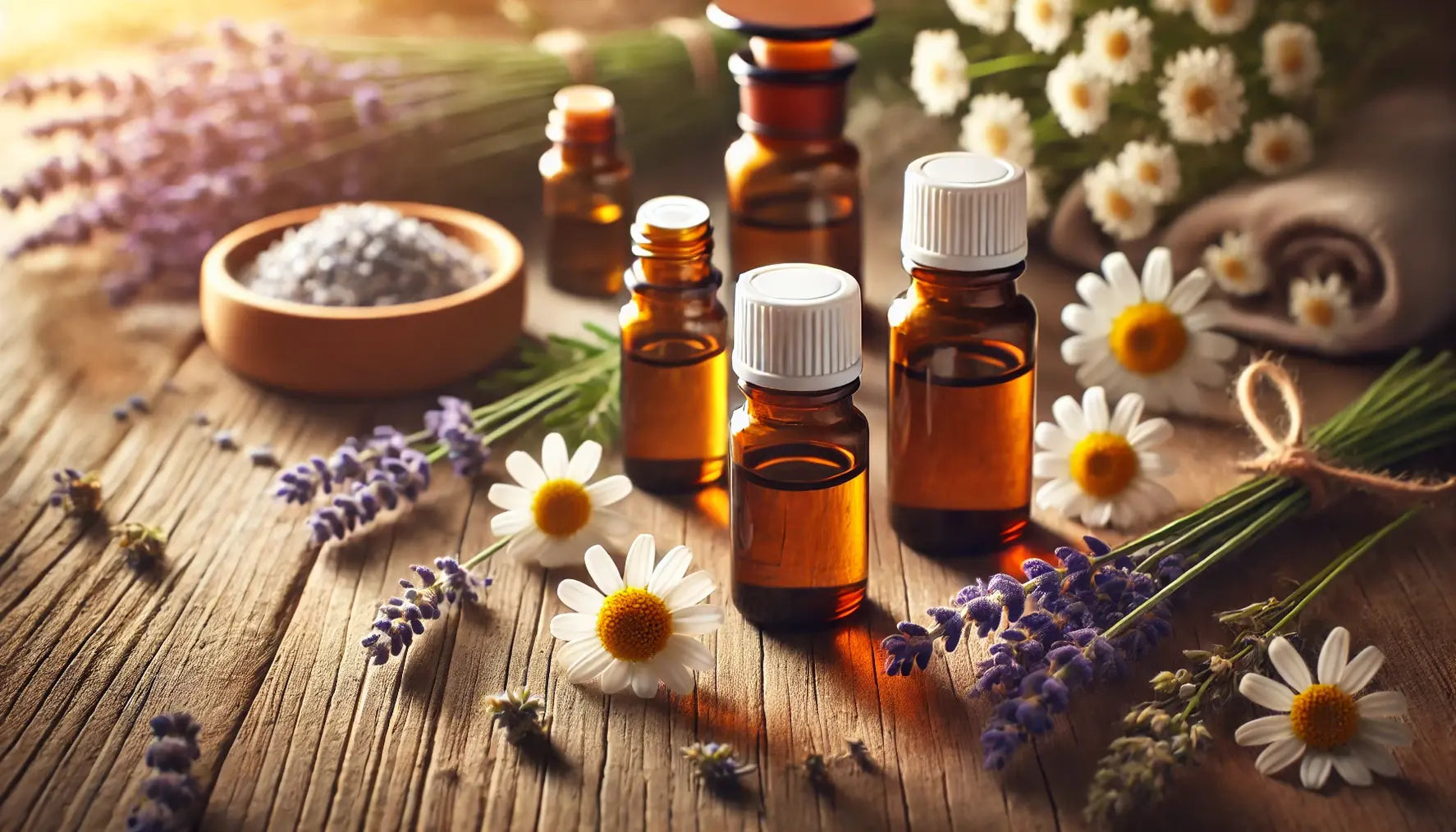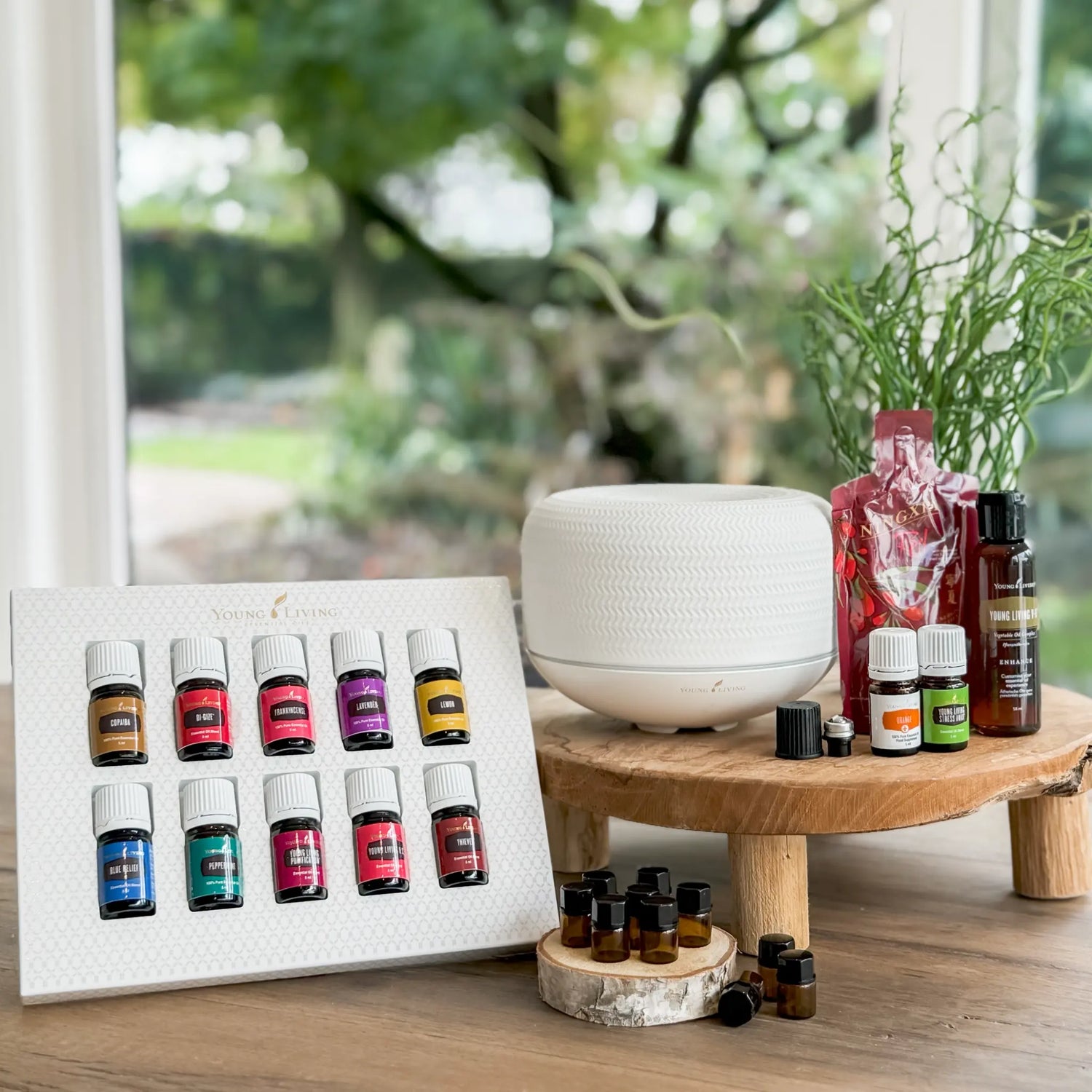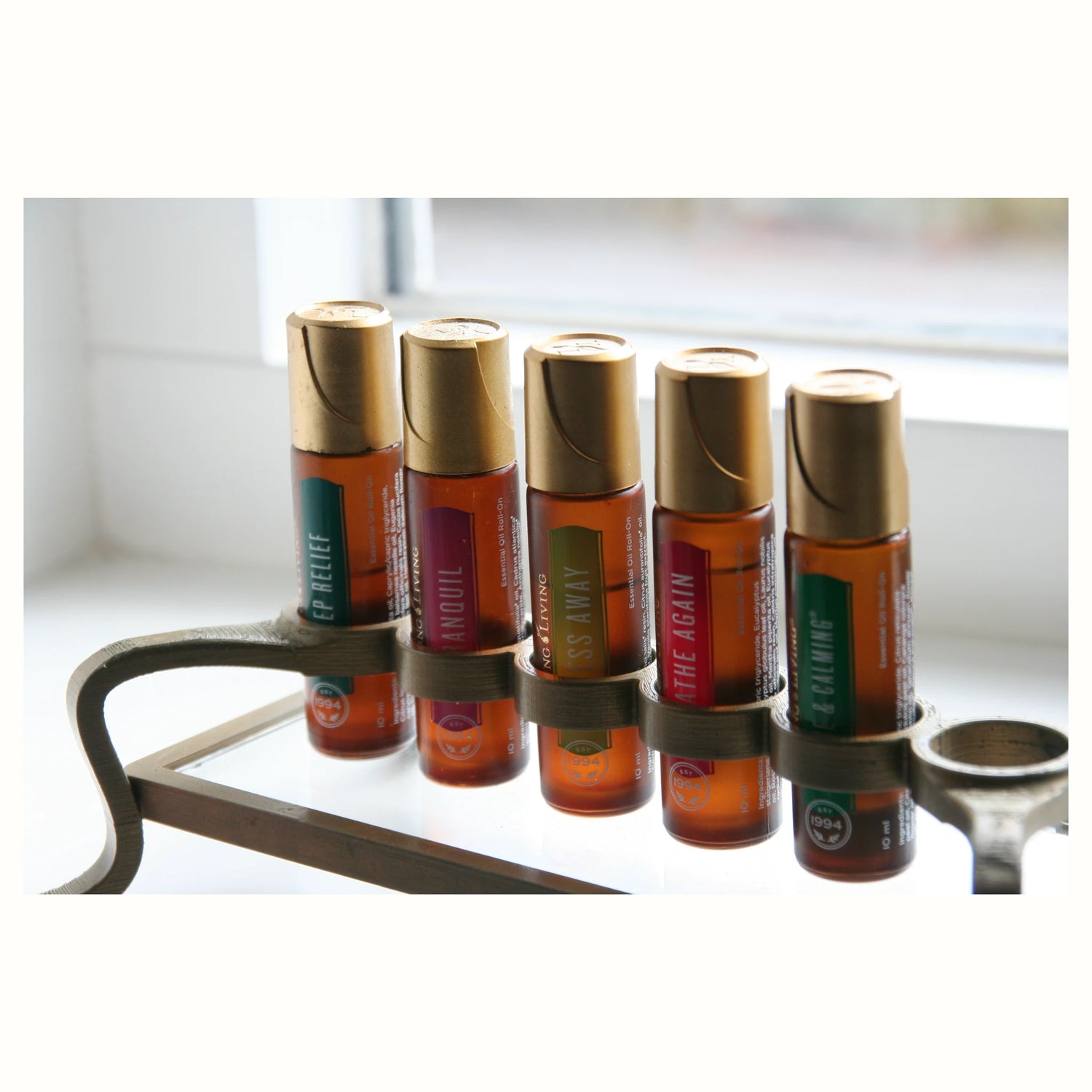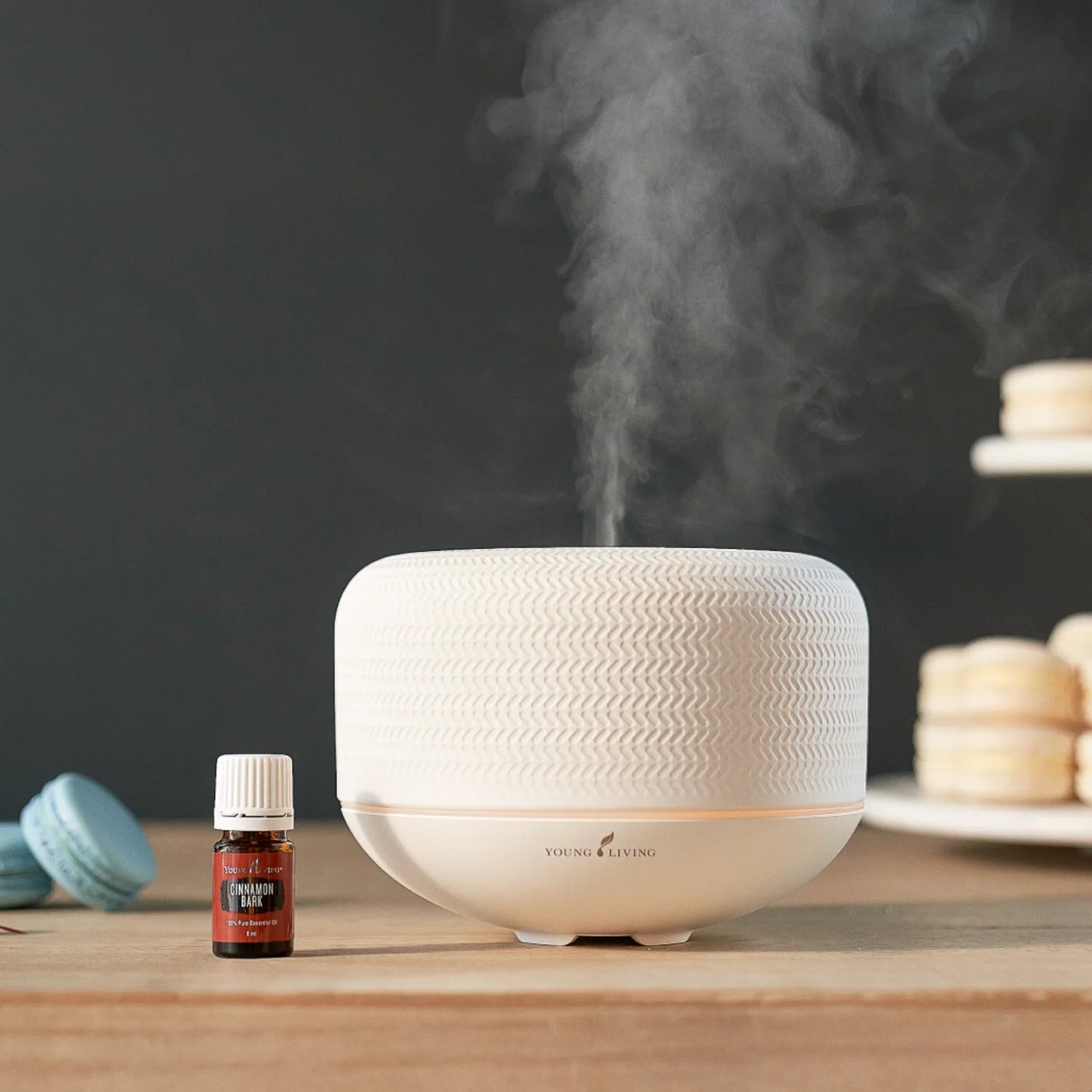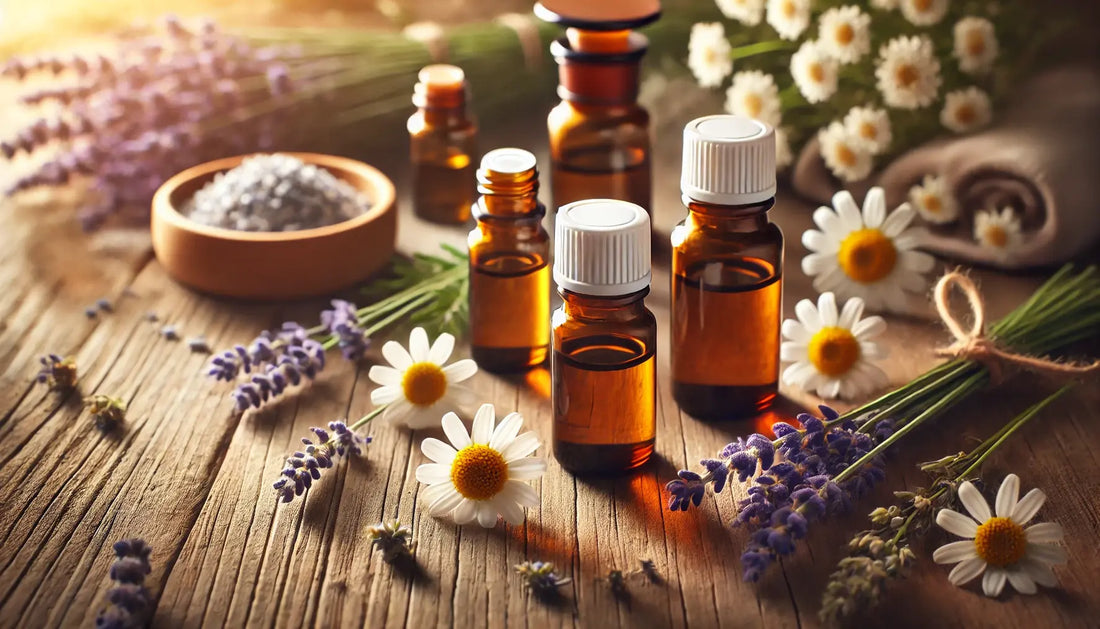
When to be careful with essential oils? Contraindications explained 🌿
What does science and history teach us about contraindications to essential oils?
Essential oils are powerful and have countless benefits, but as with any substance, caution is advised. Not everyone reacts the same to oils, and some health conditions can cause sensitivities or contraindications. In this blog, we discuss when to be cautious with essential oils, which oils to avoid for certain conditions, and how to use them safely.
Contraindications: What do they mean and where do they come from?
A contraindication means that a substance (such as an essential oil) is best avoided in certain conditions or situations, because it may have negative effects. Often these contraindications arise from:
✅ Allergies or intolerances – Some people are sensitive to certain ingredients in essential oils.
✅ Medication Interactions – Essential oils can interact with medications, such as blood thinners or antidepressants.
✅ Sensitivity of the skin or respiratory tract – Especially in the case of asthma, eczema or sensitive skin, it may be necessary to avoid certain oils or build them up gradually.
✅ Hormonal effects – Some oils affect hormone balance and are not always suitable for pregnancy or hormonal disorders.
The History of Contraindications in Aromatherapy
Aromatherapy has been used for medicinal purposes for centuries, but even in the past it was recognized that certain oils are not suitable for everyone.
🌿 Ancient Cultures – The Egyptians and Greeks used herbs and oils, but already knew that some plants were too strong or poisonous.
🌿 Medieval Herbology – European monks documented which plants were beneficial and which should be avoided.
🌿 Modern Aromatherapy – In the 20th century, the French school of aromatherapy developed scientific guidelines for safe use, including contraindications.
Today, more and more scientific studies confirm that certain oils can interact with health.
Which essential oils should you avoid if you have certain health conditions?
Below you will find an overview of some common contraindications:
1. Pregnancy and Breastfeeding
Some oils affect the hormone balance or can induce labor.
🚫 Avoid: Sage, rosemary, cinnamon, thyme, jasmine, peppermint (during breastfeeding, may reduce milk production).
✅ Safe alternatives: Lavender, chamomile, frankincense.
2. High Blood Pressure
Stimulant oils can increase blood pressure.
🚫 Avoid: Rosemary, thyme, sage, eucalyptus.
✅ Safe alternatives: Ylang-ylang, lavender, marjoram.
3. Asthma and Sensitive Airways
Strongly scented or mentholated oils may be pungent.
🚫 Avoid: Peppermint, eucalyptus, tea tree oil.
✅ Safe alternatives: Chamomile, frankincense.
4. Epilepsy
Some oils contain compounds that, in very large quantities, can trigger epileptic seizures.
🚫 Avoid: Rosemary, sage, fennel, camphor.
✅ Safe alternatives: Lavender, chamomile, frankincense.
5. Blood thinners and heart medications
Essential oils can influence blood clotting.
🚫 Avoid: Oregano, cloves, wintergreen.
✅ Safe alternatives: Lavender, frankincense, lemon (in small amounts).
6. Liver and Kidneys
The liver and kidneys process essential oils, so caution is advised.
🚫 Avoid: Basil, oregano, wintergreen.
✅ Safe alternatives: Lavender, chamomile.
What does science say?
🔬 A study published in Frontiers in Pharmacology (2020) warns that certain essential oils can affect enzymes in the liver , which can disrupt the breakdown of medications.
🔬 Research in BMC Complementary Medicine and Therapies confirms that peppermint oil has a relaxing effect on the intestines , but can cause irritation in sensitive lungs.
🔬 A 2019 analysis in The Journal of Toxicological Sciences suggests that phenol-rich oils such as oregano and clove may have blood-thinning properties , which is important for people with cardiovascular disease.
How to use essential oils safely?
To enjoy essential oils safely, follow these guidelines:
✔ Always choose high-quality, pure oils, without dangerous fillers and toxic chemicals .
✔ Test on skin first (diluted) to rule out allergic reactions.
✔ Use a diffuser for gentle inhalation , especially if you are sensitive to strong odors.
✔ Consult a specialist if you are pregnant, taking medication or have a medical condition.
✔ Keep dosages low and alternate oils to avoid overloading the body.
Conclusion
Essential oils offer wonderful benefits, but not everyone reacts the same. Contraindications often arise from underlying allergies, medication interactions, or sensitivities. It is important to be aware of which oils to avoid for certain health conditions and always choose high-quality, pure oils without dangerous fillers and toxic chemicals .
View the most affordable starter packages here .
Want to learn more about how to use essential oils safely?
At Suzanne Shares we have more than 6 years of experience and we are happy to guide you with a holistic view of your well-being.
Contact us for a measurement and your personal plan!
Read more: What the biomarker scan reveals within minutes. 💛

